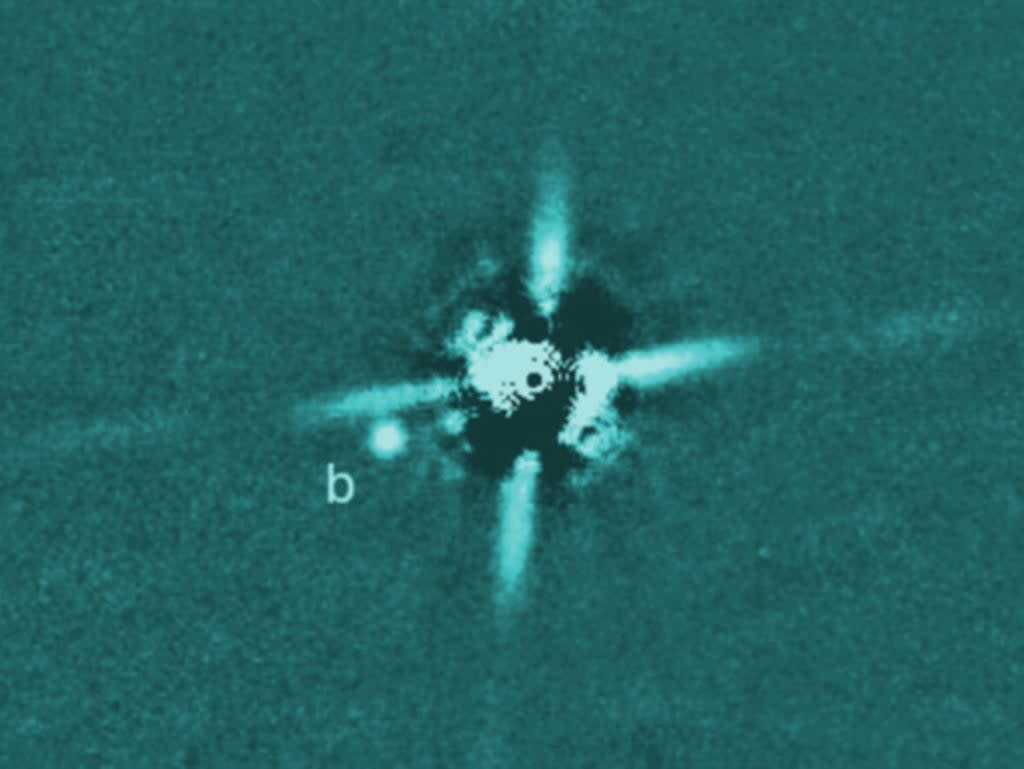Scientists find one of the youngest planets ever

Scientists have found one of the youngest planets ever discovered, having only been formed a few million years ago.
The planet, 2M0437b, is several times larger than Jupiter and emerged out of the darkness around the same time as the Hawaiian Islands on Earth. It is also so young that it still radiates heat from its formation, as much as lava from an erupting volcano.
“This serendipitous discovery adds to an elite list of planets that we can directly observe with our telescopes,” explained Eric Gaidos, a professor in the University of Hawaii MÄnoa Department of Earth Sciences whose research was published in Monthly Notices of the Royal Astronomical Society.
“By analysing the light from this planet we can say something about its composition, and perhaps where and how it formed in a long-vanished disk of gas and dust around its host star.”
Planet 2M0437b was originally spotted in 2018, with researchers monitoring the position of its host star as it moved across the sky. It took three years to confirm that 2M0437b was indeed a planet and not a more distant object because of how slowly its companion star moves across the sky.
Observing the planet and its star was made easier by the fact that it is on a much wider orbit than most plants in our solar system – moving from its star at a distance one hundred times greater than the Earth and our Sun (approximately 15 billion kilometres). However, there was still a great amount of “adaptive” optics necessary to compensate for image distortion caused by Earth’s atmosphere, the researchers said.
“Two of the world’s largest telescopes, adaptive optics technology and Maunakea’s clear skies were all needed to make this discovery,” said co-author Michael Liu, an astronomer at the Institute for Astronomy.
“We are all looking forward to more such discoveries, and more detailed studies of such planets with the technologies and telescopes of the future.”
Read More
South Korea launches its first homegrown space rocket
Scientists find planet that had its atmosphere ‘torn off’
Nasa reveals the future of space travel in incredible sci-fi video

